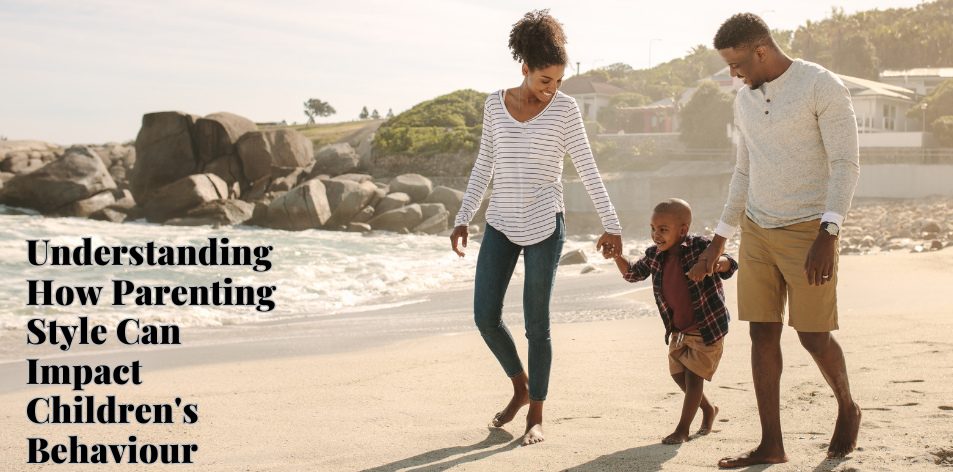
The Link Between Parental Influence & Juvenile Delinquency – H&S Education & Parenting
How Parental Influence Shapes Juvenile Delinquency

Juvenile delinquency is a serious problem that affects many families and communities. While there are many factors that can contribute to delinquent behaviour, parental influence is a key factor. In this article, we’ll explore the ways in which parenting style can impact a child’s behaviour and increase their risk for delinquency.
10 Pointers on Parental Influence and Juvenile Delinquency
1. Parenting Style: There are four main parenting styles – authoritative, authoritarian, permissive, and uninvolved – and each has a different impact on a child’s behaviour.
2. Authoritative Parenting: Authoritative parenting, which involves clear rules and boundaries as well as warmth and support, has been shown to be the most effective in preventing delinquent behaviour.
3. Authoritarian Parenting: Authoritarian parenting, which is strict and punitive, can lead to resentment and rebellion in children, increasing their risk for delinquency.
4. Permissive Parenting: Permissive parenting, which is lenient and indulgent, can also increase the risk of delinquency by failing to provide structure and discipline.
5. Uninvolved Parenting: Uninvolved parenting, in which parents are emotionally distant and uninvolved in their children’s lives, is the most likely to lead to delinquent behaviour.
6. Parental Monitoring: Parental monitoring, or keeping track of a child’s activities and friends, can be an effective way to prevent delinquent behaviour.
7. Communication: Open and honest communication between parents and children can help prevent delinquency by fostering a strong bond and allowing for discussion of difficult topics.
8. Parental Involvement: Parents who are involved in their children’s lives, such as attending school events and extracurricular activities, can also help prevent delinquent behaviour.
9. Peer Pressure: Peer pressure can be a powerful force in a child’s life, and parents can help mitigate its influence by providing guidance and support.
10. Early Intervention: Early intervention, such as counselling or therapy, can be effective in addressing behavioural issues and preventing delinquent behaviour.
Parental influence plays a significant role in a child’s risk for delinquent behaviour. By understanding the impact of parenting style, as well as strategies such as monitoring, communication, and early intervention, parents can help prevent delinquent behaviour and foster positive development in their children.

